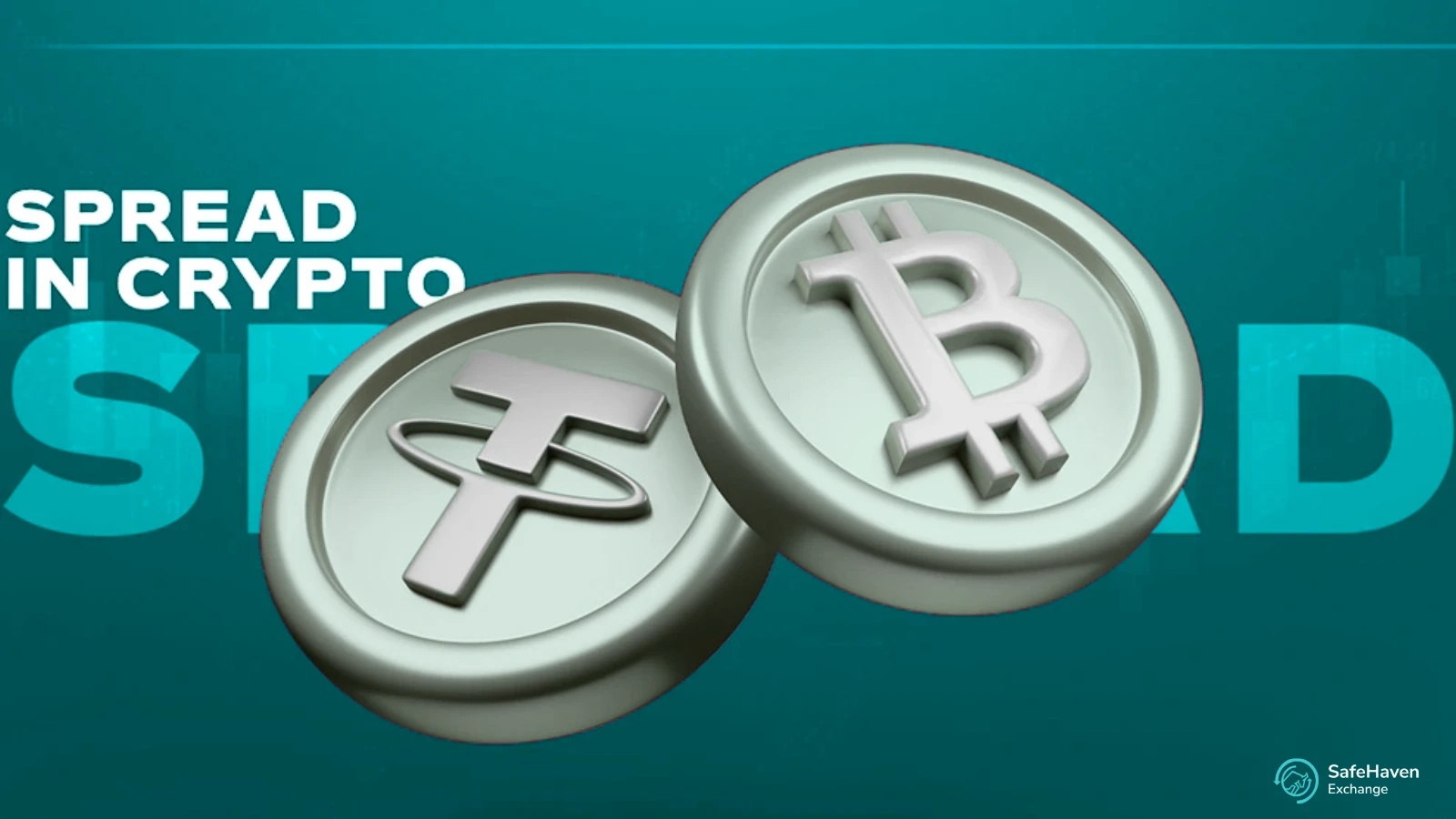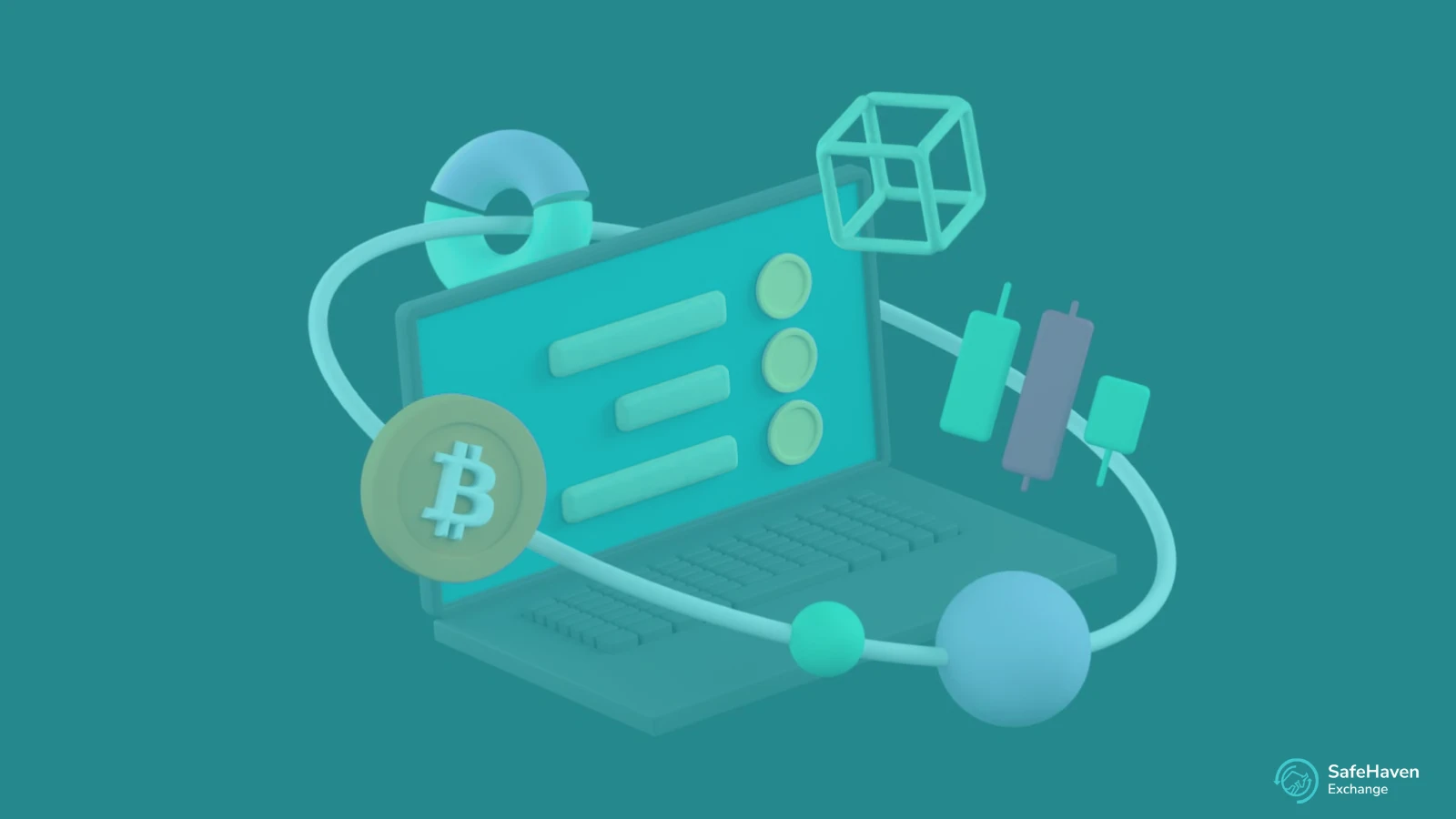Cryptocurrency staking presents an intriguing way to earn passive income from digital assets. As this practice grows, many Muslim investors are asking a critical question: Is staking crypto halal? The answer isn’t a simple yes or no. It requires a deep look into how staking works and how its mechanisms align with the core principles of Islamic finance.
This guide will break down the concept of crypto staking through a Sharia compliance lens. We will explore the key considerations, from avoiding riba (interest) to ensuring ethical governance, helping you perform your own due diligence.
TL;DR: Is Staking Crypto Halal?
Crypto staking can be considered halal if it meets specific conditions. The process must be free from riba (interest), excessive uncertainty (gharar), and gambling (maysir). The underlying blockchain project must not be involved in haram activities. Staking rewards are often seen as permissible profit from supporting a network, not interest from a loan. However, thorough due diligence and consultation with a qualified Islamic finance scholar are essential before participating.
What Is Cryptocurrency Staking?
In simple terms, staking is the process of locking up your cryptocurrency holdings for a certain period to help support the operation and security of a blockchain network. By doing this, you become an active participant in the network’s consensus mechanism, which is often called Proof-of-Stake (PoS).
Instead of powerful computers competing to solve puzzles (as in Bitcoin’s Proof-of-Work), a Proof-of-Stake system selects validators based on the amount of cryptocurrency they have “staked.” These validators are responsible for confirming transactions and adding new blocks to the chain. In return for their contribution, stakers receive rewards, usually in the form of more of the same cryptocurrency.
How Does Staking Work?
When you stake your crypto, you are essentially putting your assets to work. Your locked funds act as collateral, incentivizing you to act honestly to maintain the integrity of the network. If a validator tries to approve fraudulent transactions, they risk losing a portion or all of their staked assets.
This process offers a dual benefit:
- For the Network: It provides a secure and energy-efficient way to validate transactions and maintain the blockchain’s integrity.
- For the Investor: It allows you to earn rewards on your digital assets without having to sell them. These rewards are often compared to earning dividends from stocks.
The Sharia Compliance Lens: Key Islamic Finance Principles
To determine if crypto staking is halal, we must analyze it against the foundational principles of Islamic finance. These rules are designed to ensure all financial dealings are ethical, transparent, and socially responsible.
Riba (Interest)
The most critical concern is riba, which refers to any fixed or guaranteed increase on a loan. Islamic finance strictly prohibits earning or paying interest. The central question here is: Are staking rewards a form of riba?
Many scholars argue that traditional staking is not a loan. You are not lending your crypto to another person or entity that promises a fixed return. Instead, you are providing a service to the network—validating transactions—and the rewards are your payment for that work and the risk you undertake. The software generates new tokens as rewards, which are not taken from another user’s funds. This distinction is crucial, but it’s important to examine the specific terms. If a platform guarantees a fixed percentage return regardless of network activity, it could be considered riba.
Gharar (Excessive Uncertainty)
Gharar refers to excessive uncertainty, ambiguity, or risk in a contract. Islamic contracts must have clear terms, subject matter, and outcomes. In staking, you need to understand:
- What is the lock-up period?
- How are rewards calculated?
- What are the risks of losing your stake (slashing penalties)?
- Are the contractual terms clear and transparent?
If the terms are overly complex or hidden, it may involve gharar.
Maysir (Gambling)
Maysir, or gambling, involves acquiring wealth by chance rather than productive effort. Staking is generally not considered gambling because the rewards are earned for providing a service (securing the network). While the value of the reward tokens can fluctuate with the market, the act itself is a contribution, not a game of pure chance.
Asset-Backing and Ethical Use
A core principle of Islamic finance is that transactions should be tied to real, productive economic activity. Additionally, the underlying asset or project must be halal. This means the blockchain network you support through staking should not be primarily used for or associated with haram industries like:
- Gambling or casinos
- Alcohol production or distribution
- Pork-related products
- Conventional interest-based financial services
Governance and Values
Finally, the project’s governance should align with ethical and Islamic values. Does the platform promote transparency, fairness, and social benefit? A project with a questionable mission or an anonymous, unaccountable team could be a red flag.
Due Diligence Checklist for Halal Staking
Before you stake any crypto, use this checklist to conduct your own screening:
- Project Screening: Is the blockchain project involved in any haram activities? Research its use cases, partners, and ecosystem.
- Reward Structure: Are the rewards generated as payment for validation work, or are they a guaranteed, fixed interest on a deposit? Understand the tokenomics.
- No Riba: Confirm that the process is not structured as a loan.
- Clarity of Terms: Are the staking terms (lock-up, rewards, risks) clear and transparent, avoiding gharar?
- Risk of Loss: Understand the “slashing” penalties. Is the risk shared, or does it fall disproportionately on you?
- Governance: Who runs the project? Are their values transparent and ethical?
- Expert Opinion: Have any reputable Islamic finance scholars or sharia-compliant platforms reviewed this specific cryptocurrency or staking mechanism?
Independent Staking vs. Staking Pools
There are two primary ways to stake crypto, each with its own considerations for whether crypto staking is halal or haram.
- Independent Staking: This involves running your own validator node. It often requires a significant minimum amount of crypto and technical expertise.
- Pros: You receive 100% of the staking rewards.
- Cons: High barrier to entry and you bear the full risk of technical failures or slashing penalties.
- Halal Consideration: This method offers full control, ensuring you are not indirectly participating in anything questionable.
- Staking Pools: In a staking pool, a group of investors combines their crypto to meet the minimum threshold and share rewards. This is a popular method for beginners.
- Pros: Lower entry barrier, shared risk, and less technical knowledge needed.
- Cons: You must pay a fee to the pool operator, and you are trusting them to act honestly and competently.
- Halal Consideration: It is vital to vet the pool operator. Are they transparent? How do they manage funds? Ensure the pool itself operates on sharia-compliant principles.
Practical Steps for Muslims
If you are considering staking, here are some actionable steps:
- Educate Yourself: Learn everything you can about the specific crypto project and its Proof-of-Stake mechanism.
- Screen the Project: Use the due diligence checklist above to screen for any haram elements.
- Look for Sharia-Compliant Platforms: Some platforms are specifically designed for Islamic finance and offer pre-screened staking options.
- Start Small: Consider staking a small, non-essential amount first to understand the process.
- Ongoing Review: Sharia compliance isn’t a one-time check. A project’s activities can change. Regularly review the project to ensure it remains halal.
So, Is Staking Crypto Halal? The Balanced Conclusion
Staking crypto is not inherently halal or haram. Its permissibility depends entirely on the structure of the staking arrangement and the nature of the underlying blockchain project.
When staking is framed as a reward for the service of securing a network, uses a clear and transparent contract, and supports a project with ethical and halal use cases, many scholars view it as permissible. The rewards are seen as a form of profit or a fee for work done, not riba.
However, if the process resembles a loan with a guaranteed return, involves excessive uncertainty, or supports a haram industry, it would be deemed impermissible. The responsibility falls on you, the investor, to conduct thorough research.
FAQs:
Is staking on platforms like Coinbase or Binance halal?
It depends on the specific coin being staked and the platform’s terms. You must screen each staking opportunity individually. Some platforms may pool funds in ways that are not sharia-compliant or offer interest-bearing products alongside staking, requiring careful navigation.
Are staking rewards considered riba (interest)?
In many Proof-of-Stake systems, rewards are payment for the service of validating transactions and securing the network, not interest from a loan. However, if a platform guarantees a fixed return, it could be considered riba.
How can I find sharia-compliant staking opportunities?
Look for platforms specializing in Islamic finance crypto products. Additionally, you can do your own research by screening projects against the principles of riba, gharar, maysir, and ethical use cases.
What’s the difference between staking and lending crypto?
Staking involves locking crypto to support a network’s operations, with rewards paid for this service. Lending involves giving your crypto to a borrower (often a platform or another user) who pays you interest in return. Crypto lending is widely considered haram due to its direct involvement with riba.
Is Proof-of-Stake sharia compliant?
The Proof-of-Stake consensus mechanism itself is a neutral technology. Its sharia compliance depends on its application—the specific project, its reward structure, and its uses.
Disclaimer: This article is for educational purposes only and should not be considered financial or religious advice. The world of cryptocurrency is new and complex, and rulings can vary among scholars. Always conduct your own thorough research and consult with a qualified Islamic finance expert before making any investment decisions.







